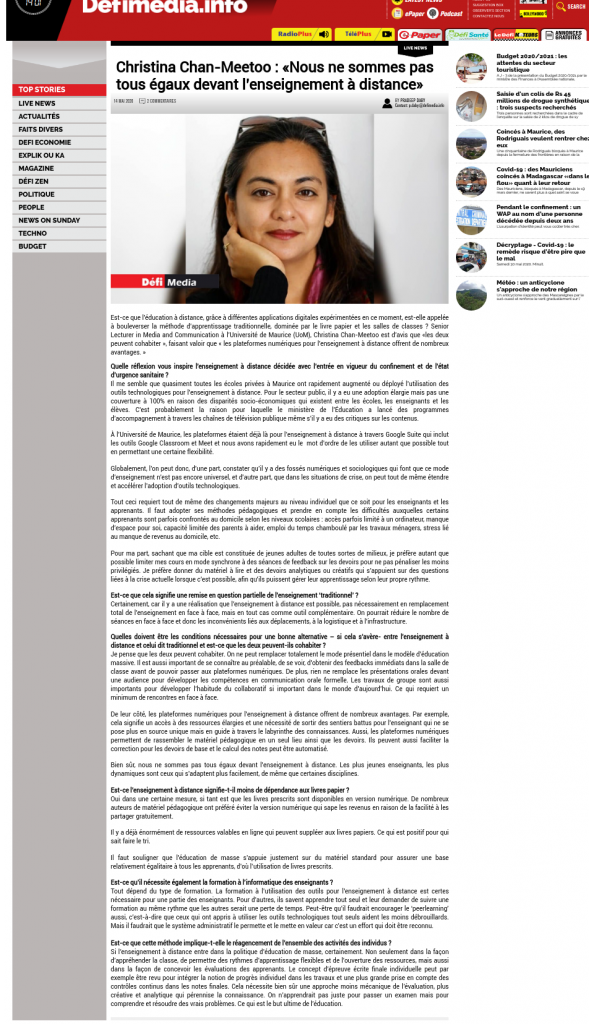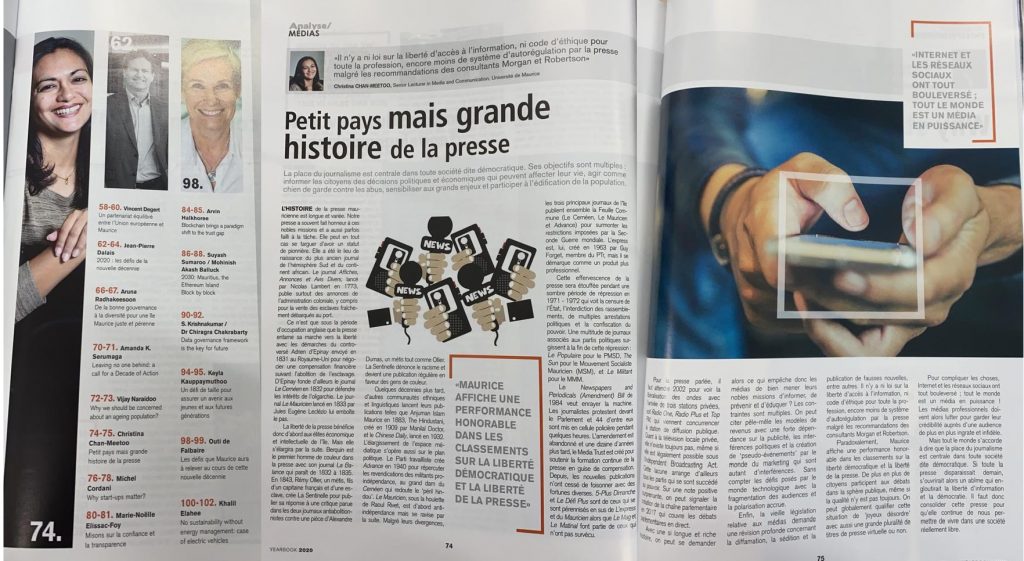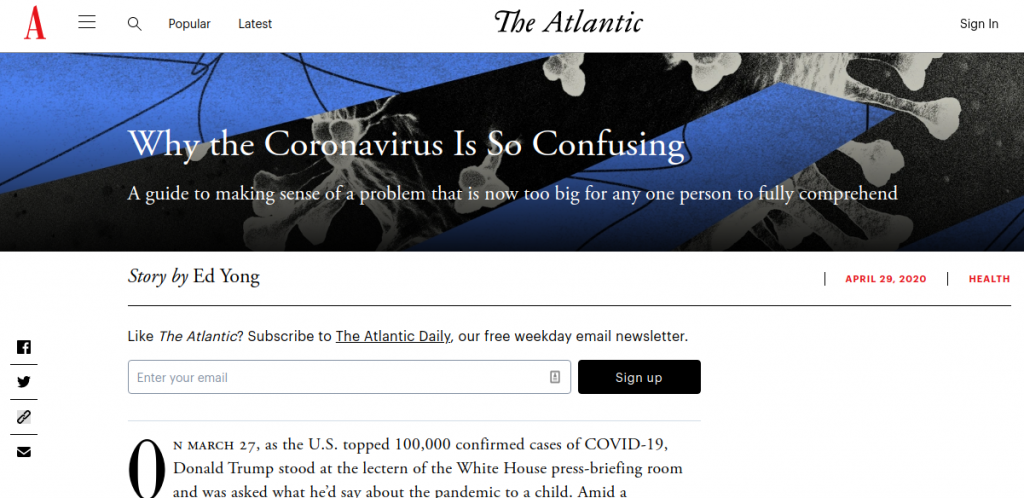Sexism adds to mounting pressure women journalists are facing in Africa
By Edwin Naidu Time of article published May 18, 2020
The closures of Associated Media and Caxton magazine division, along with the transition of the Daily Sun primarily into a digital format, and the recent resignations of Mail & Guardian editor Khadija Patel and deputy Beauregard Tromp added to a woeful period for the media in South Africa, especially when May 3 was World Press Freedom Day.
Throughout Africa, the ongoing narrative about journalists, especially women, struggling to express themselves in newsrooms also cast a shadow over World Press Freedom Day.
Newsrooms in Ghana are also shedding staff, while in Malawi, journalist Brian Banda was attacked by alleged supporters of a political party on May 7, with incidents elsewhere reflecting media on the continent under siege.
David Kaye, the UN Special Rapporteur on the promotion and protection of the right to freedom of opinion and expression, said in a report to the UN Human Rights Council last month that many governments are restricting access to information, leading to journalists being intimidated, detained, questioned and harassed.
An ongoing survey of journalists by Sunday Independent found that the messengers of the news in Africa are telling their stories under mounting pressure.
Some are struggling to survive, amid poor working conditions, low salaries, inadequate resources, government interference, harassment and censorship, worsened by secrecy of governments’ management of information related to Covid-19.
Very often, media owners claim that they are in favour of women empowerment and are trying their utmost best to promote gender equality within their newsrooms and in their editorial content but according to senior lecturer in media studies at the University of Mauritius, Christina Chan-Meetoo, in a forthcoming book, the reality is further from the truth.
Christina Chan-Meetoo, a senior lecturer in media studies at the University of Mauritius.
Chan-Meetoo said one had to acknowledge that commercial imperatives and lazy journalism are still prevalent and that the gender agenda is often given due credence only for International Women’s Day or when a plethora of gender-based crimes dominate the news.“All four main print media groups, private radio stations and public broadcasters are directed by male CEOs and have males as majority shareholders. In fact, none of the key directors of media houses in Mauritius spanning the written press, radio, TV and online news media are women,” she said .
[Read more…] about Sexism adds to mounting pressure women journalists are facing in Africa


